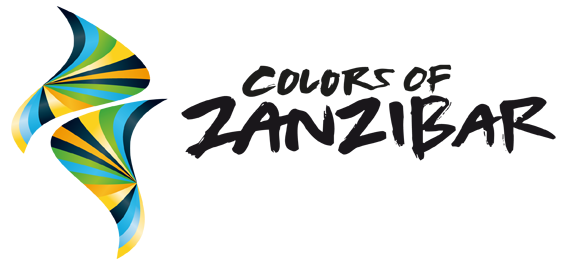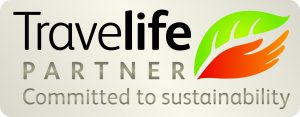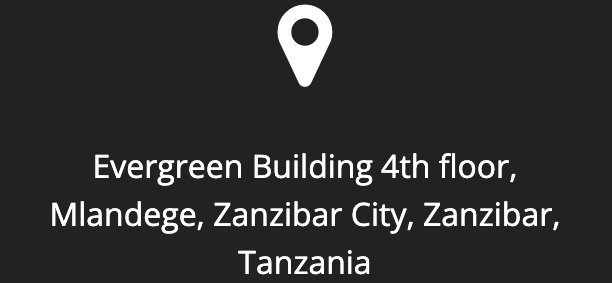Our guidline is the motto of sustainable tourism – low impact, high income. Now, this means that our tours have as small negative impact on environment as possible, and as positive impact on society as possible. The high income is not for us, it’s for the people working with to ensure that most of your money ends up with locals.
First of all, please read this: Towards better tourism : development plan for Colors of Zanzibar. Please click “avaa tiedosto” to get to read the whole study. It is in English, but made in Finland, hence the language in the front page. This study shows many of the things we have already done as well as the things we intend to do in the future, hopefully with your help!
Promoting local businesses and organisations
One of our main goals is to create more employment in Zanzibar and for Zanzibaris. This we follow in our own office and we recommed hotels, safari companies etc. who have the same idea. Of course, quality of the services is another important criteria.
The reality on the island is that a large percentage of the benefit from tourism goes to big foreign companies and their foreign employees. This is more true while talking about big beach resort tourism.
We use local people as guides, and we don’t use the same guide for every tour – we offer you the guide who is specialized in the subject. This helps to create more jobs also to the country side, beach villages and spice farms.
On our village tours we always cooperate with the local community and organisations. In Jambiani village and Matemwe village your tour includes donations to the local school and health center as well as good fees for the locals who let you into their lives and show their livelihoods. Also when seaweed center is chosen to be included, you will have a change to give extra support to the local seaweed farmers.
In Mjini Ole village in Pemba all activities are organized by the local village organisation and Kidike Conservation Club, which is a local project aiming to conserve the Pemba fruit bats (flying foxes) and forest.
In our Spice Tour, we use the local spice farmers to give the tour instead of bringing our own guide from town. We also arrange lunch made at the farm. In some cases, you would want to have your lunch in Mangapwani beach after the Spice Tour. In this case, we bring the lunch from town, but it is home cooked by local small entrepreneuring women.
Protecting the nature
In Jozani Forest, Ngezi Forest and Dolphin Tour, there is always of course the entrance fee to the conservation area. The guides in the forests are always from the government. Also we take care not leave anything behind in the conservation area. For dolphins, we find the issue of conservation a bit problematic and have to leave this for the clients to think: how will you approach the dolphins? It’s better to go into the water a bit further away and let the dolphins come to you. Of course the dolphins are also free creatures and very often interested in people, and seem to be more playful than annoyed.






